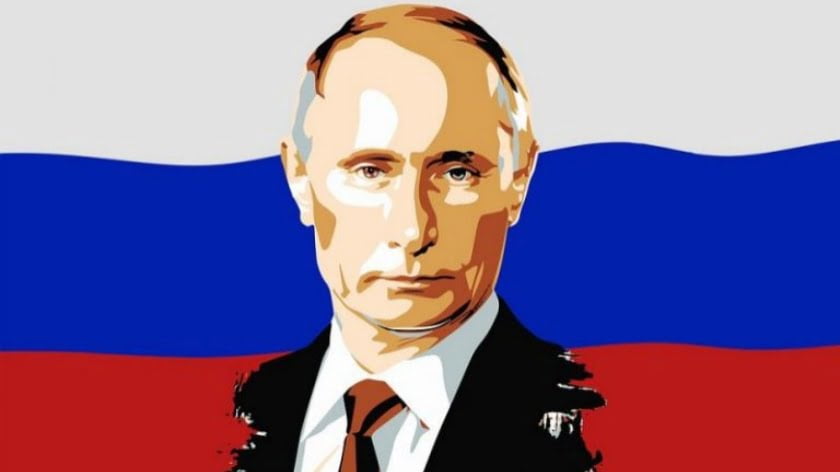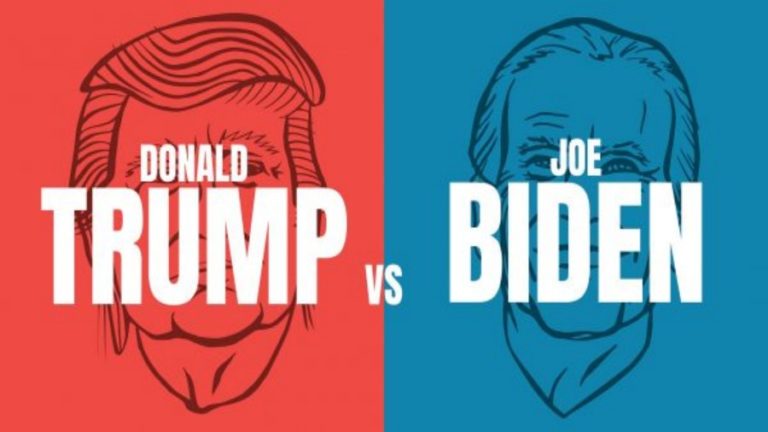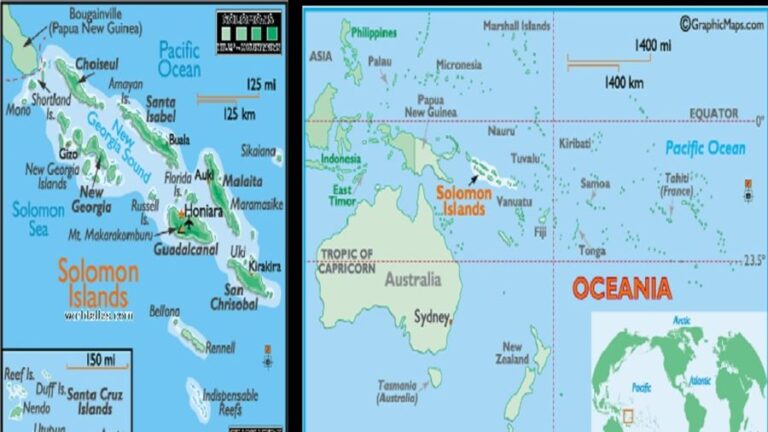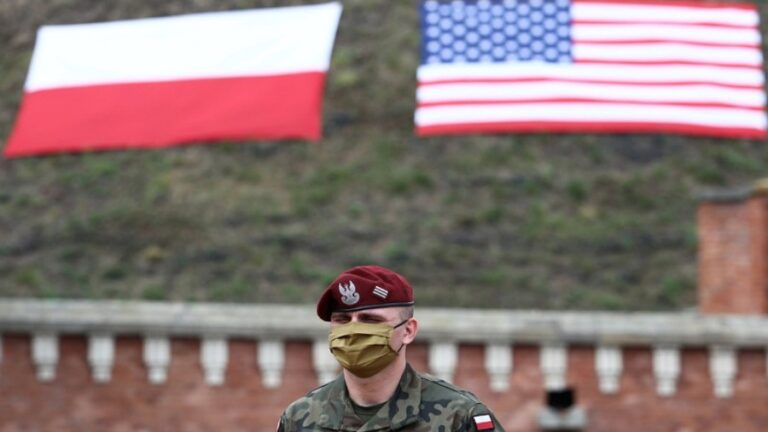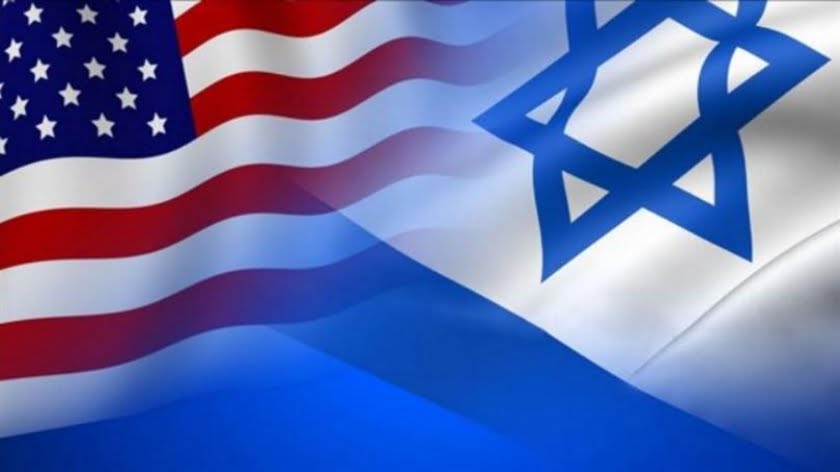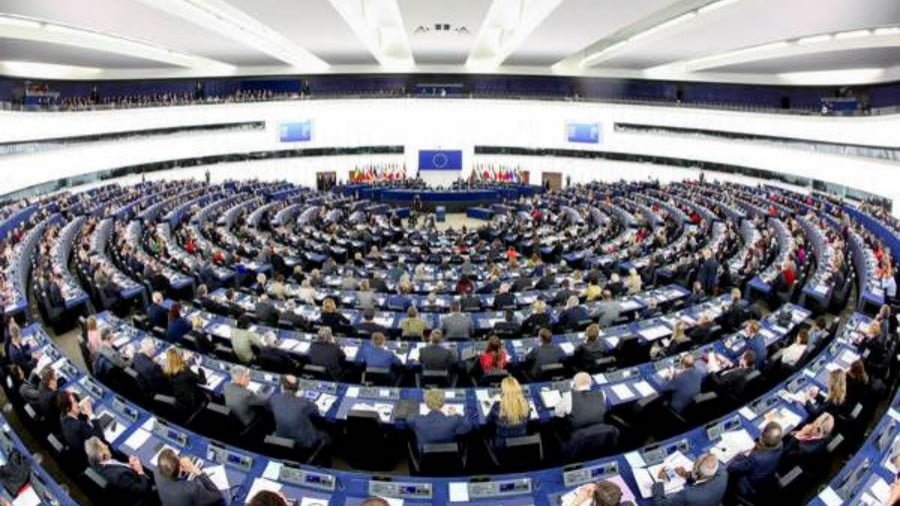Russia and China Compete In Africa. Moscow’s “Pivot to Africa”
The heavily Russian-influenced government in the Central African Republic is recommending the closure of four Chinese-run gold mines over environmental concerns, making it possible that these firms could be replaced with Russian ones and potentially creating a model whereby Moscow can begin to “balance” Beijing in Africa as part of its efforts to negotiate a “New Detente” with the West.
***
Sputnik reported that the heavily Russian-influenced government in the Central African Republic (CAR), the pivotal component of its recently completed “African Transversal” linking the Atlantic Coast with the Red Sea one, is recommending the closure of four Chinese-run gold mines over environmental concerns. Russia is the most important foreign actor in the country since its low-level “Democratic Security” intervention over the past year and a half saved the state in a similar, albeit much less dramatic and publicized, manner as its much larger one saved Syria almost four years ago. In fact, Moscow’s “Democratic Security” model has the potential to spread all over the continent because of how attractive it is to Africa’s many “national democracies” (also known as “autocracies” in the Western political parlance), most of which are dependent on the military-intelligence wing of their “deep states” for ensuring stability, so much so that “The US Is More Afraid Of Losing Africa To Russia Than To China” nowadays.
The success of Russia’s “Democratic Security” interventions is due to their low-cost in using a combination of military advisors, “mercenaries”, and arms sales to counter Hybrid War threats, all in exchange for what usually amounts to profitable extraction agreements in resource-rich states. The military inroads that Moscow makes enables it to gain access to the strategic core of the state, from where it expands its influence along the economic vector prior to reaching more comprehensive agreements with the said partner state. The upcoming Russia-Africa Summit in Sochi on 24 October will likely represent the official announcement of Russia’s “African Pivot”, during which time all of the work that it’s been undertaking behind the scenes over the past few years will become public and presented as part of the non-Western diversification strategy that it’s been pursing since the implementation of the West’s anti-Russian sanctions in 2014. Almost counterintuitively, Russia isn’t doing this to spite the West, but rather to make itself valuable enough to negotiate a “New Detente” with it.
To explain, the ongoing New Cold War can be simplified as the global competition between the fading US-led unipolar world order and the rising Chinese-led multipolar one, with Russia conceivably leading a “new non-aligned movement” (Neo-NAM) that fulfills its desire to become the supreme “balancing” force in Afro-Eurasia and thus enables it to decisively manage this worldwide rivalry. Russia’s “Pivot to Africa” via its “Democratic Security” interventions can be seen through this prism in that Moscow is ensuring the security of Beijing’s Belt & Road Initiative (BRI) projects against Western Hybrid War threats simultaneously with offering these same host states an alternative to what some have criticized as China’s environmentally destructive investments such as the four gold mines that have caused such a scandal in the CAR. In the zero-sum game that the West believes that it’s engaged in with China, the replacement of Chinese investments with Russian ones by the heavily Russian-influenced countries requesting Moscow’s “Democratic Security” interventions is a relative win.
Should the CAR continue to set the precedent for what to expect from Russia’s “Pivot to Africa” — and there’s no reasonable argument why it wouldn’t since it foreshadowed the “Democratic Security” interventions that it’s commenced in Sudan, Mali, and reportedly even in Libya as well — then the emerging model is that newly Russian-aligned countries might replace the most environmentally controversial Chinese investments with Russian ones as part of Moscow’s efforts to prove its strategic worth to the West in the context of negotiating a “New Detente”. That’s not to imply whatsoever that Russia is “anti-Chinese”, but just that it is first and foremost advancing its own national interests as it understands them, which naturally involves maximizing the profits that its companies receive in the resource-rich “Global South” countries that the Russian military is carrying out “Democratic Security” interventions, which could in turn stabilize the Eurasian Great Power’s macroeconomic situation if it ultimately results in the gradual lifting of sanctions as part of a “New Detente”.
Of course, the real indicator of whether or not this model is being implemented will be if the heavily Russian-influenced CAR replaces the four Chinese gold extraction companies with Russian ones, in which case other states might eventually follow suit (even those that haven’t requested Moscow’s “Democratic Security” interventions) if they believe that the advantages of “hitching their wagon” to what might ultimately become a Russian-led Neo-NAM outweigh the costs of curtailing some BRI connections with China. Reverting to Western economic influence is out of the question for an increasingly growing number of sovereignty-minded African states, but many of them are dissatisfied with some of the conditions associated with Chinese projects, which is why Russia is appearing so attractive as a “third choice” for satisfying their military, economic, and strategic needs. If taken to its full extent, then the best-case scenario could see Russia “moderating” the US-Chinese rivalry in Africa and helping its many countries get a better deal by “balancing” between all three of them.
By Andrew Korybko
Source: Global Research

